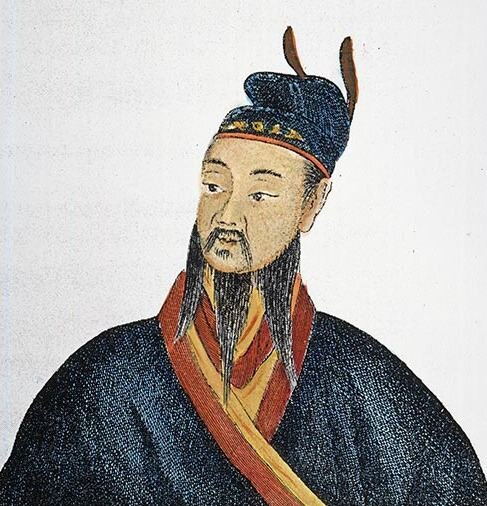
Ep. 158 | The Rise and Fall of the Qin (Part 2)
Welcome to Part 2 of our look into the rise and fall of the legendary Qin dynasty. In this extra-long episode, Laszlo takes the Qin to their height and examines their legacy.

Ep. 157 | The Rise and Fall of the Qin (Part 1)
In this first of two episodes, Laszlo gives Qin Shihuang, the subject of the first-ever China History Podcast episode, a total makeover.

Ep. 156 | Joseph Needham (Part 2)
In this Part 2 episode, we pick up in 1943 right after Joseph Needham returned from his perilous adventure to the northwest of China to visit the sights of Dunhuang.
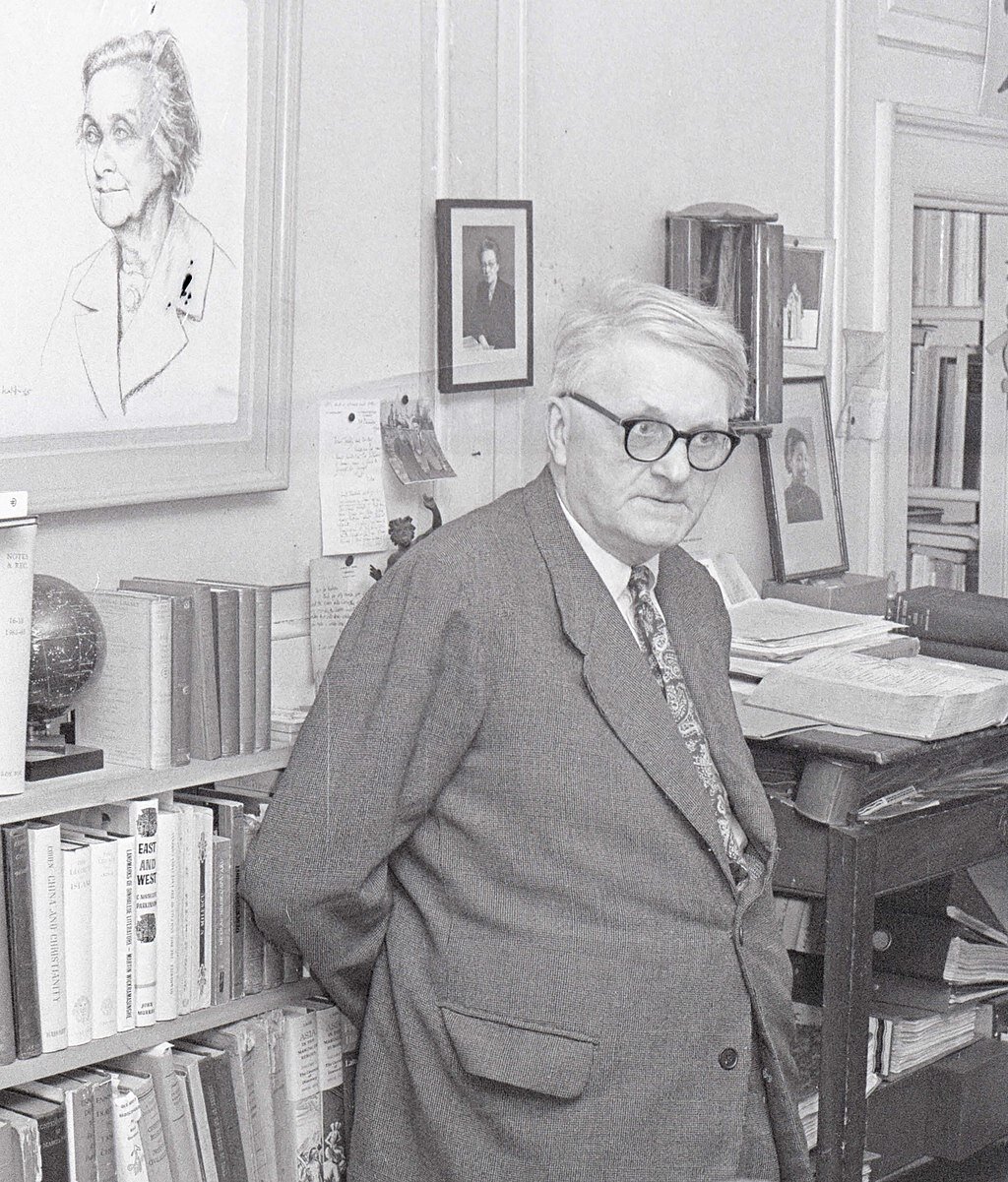
Ep. 155 | Joseph Needham (Part 1)
A true friend of China for most of his adult life, Dr. Joseph Needham’s contribution was the epic work “Science and Civilization in China”. In this Part 1 episode, we only go up to 1943 and the end of Needham’s first expedition in China.
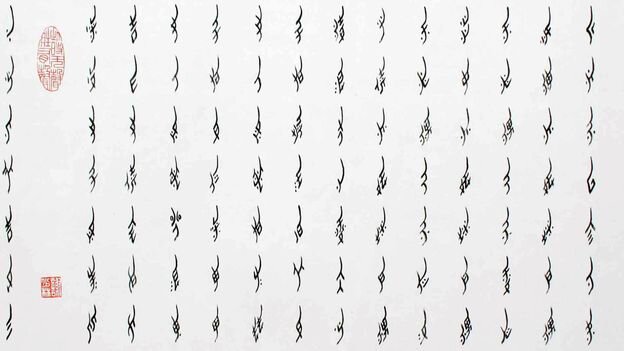
Ep. 154 | The Secret Nüshu Script
Generations of illiterate women from a single county on the Hunan-Guangxi border, denied education, created their own writing script. Men never learned it and so it was used by these women to communicate with each other and to record their secret thoughts and inspirations.

Ep. 153 | The History of Opium in China
In this episode, Laszlo examines opium’s history in China and Britain’s participation in the Opium War. The focus of this episode is on opium’s history in China prior to the Opium War.

Ep. 152 | The Flying Tigers (Part 2)
Laszlo finishes off our overview of the story of the Flying Tigers in World War II. In this episode, the battle commences on December 20, 1941 and this group takes their place in history.

Ep. 151 | The Flying Tigers (Part 1)
In this episode, we take a look at the magnificent story of the American Volunteer Group, known more popularly as The Flying Tigers.
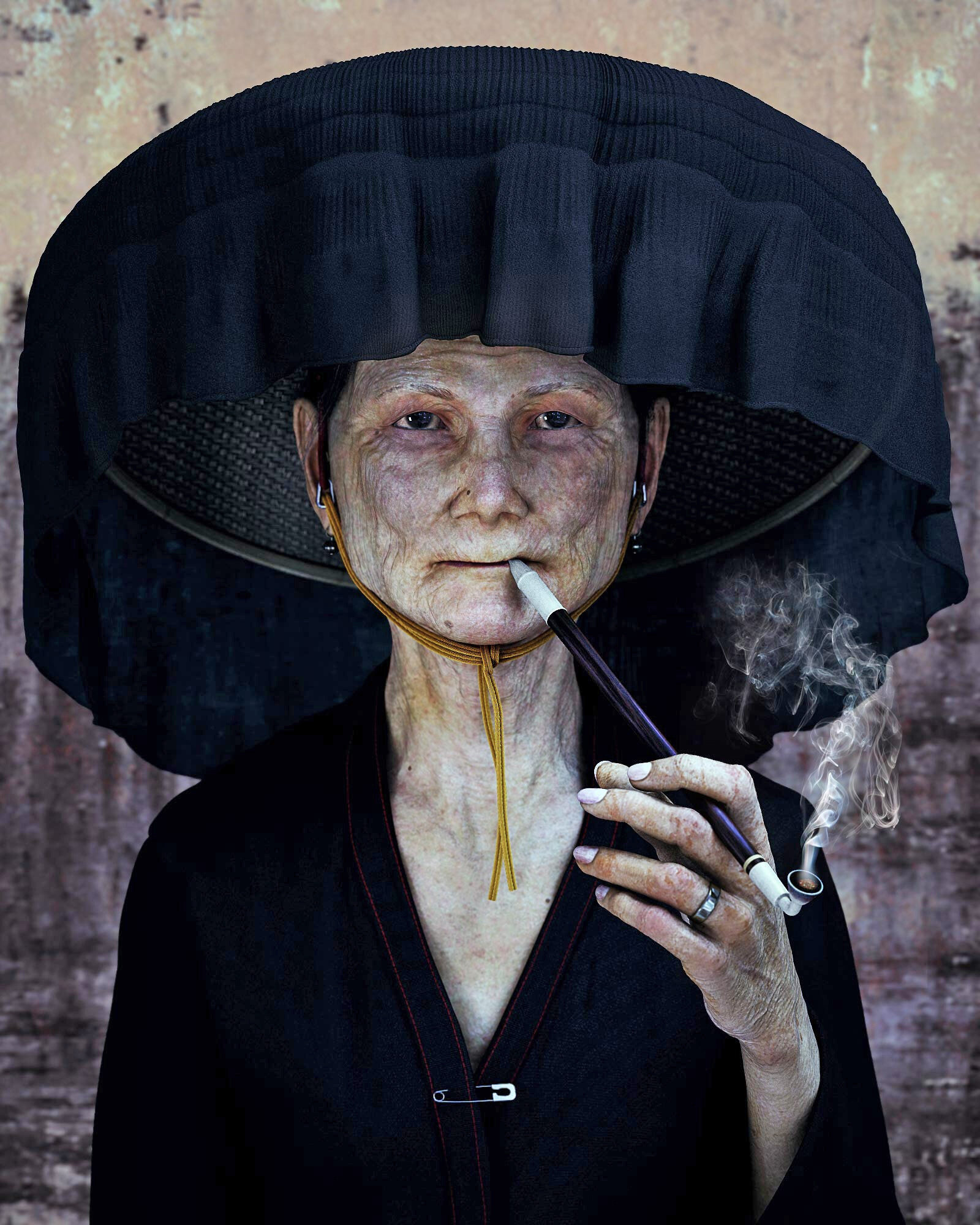
Ep. 150 | The History of the Hakka People
In this milestone 150th episode, Laszlo shines a light on the Hakka people and where they fit in Chinese history. Legends and stereotypes surrounded this sub-group of Chinese, but one thing is for sure they have carved an indelible spot in worldwide Chinese culture.
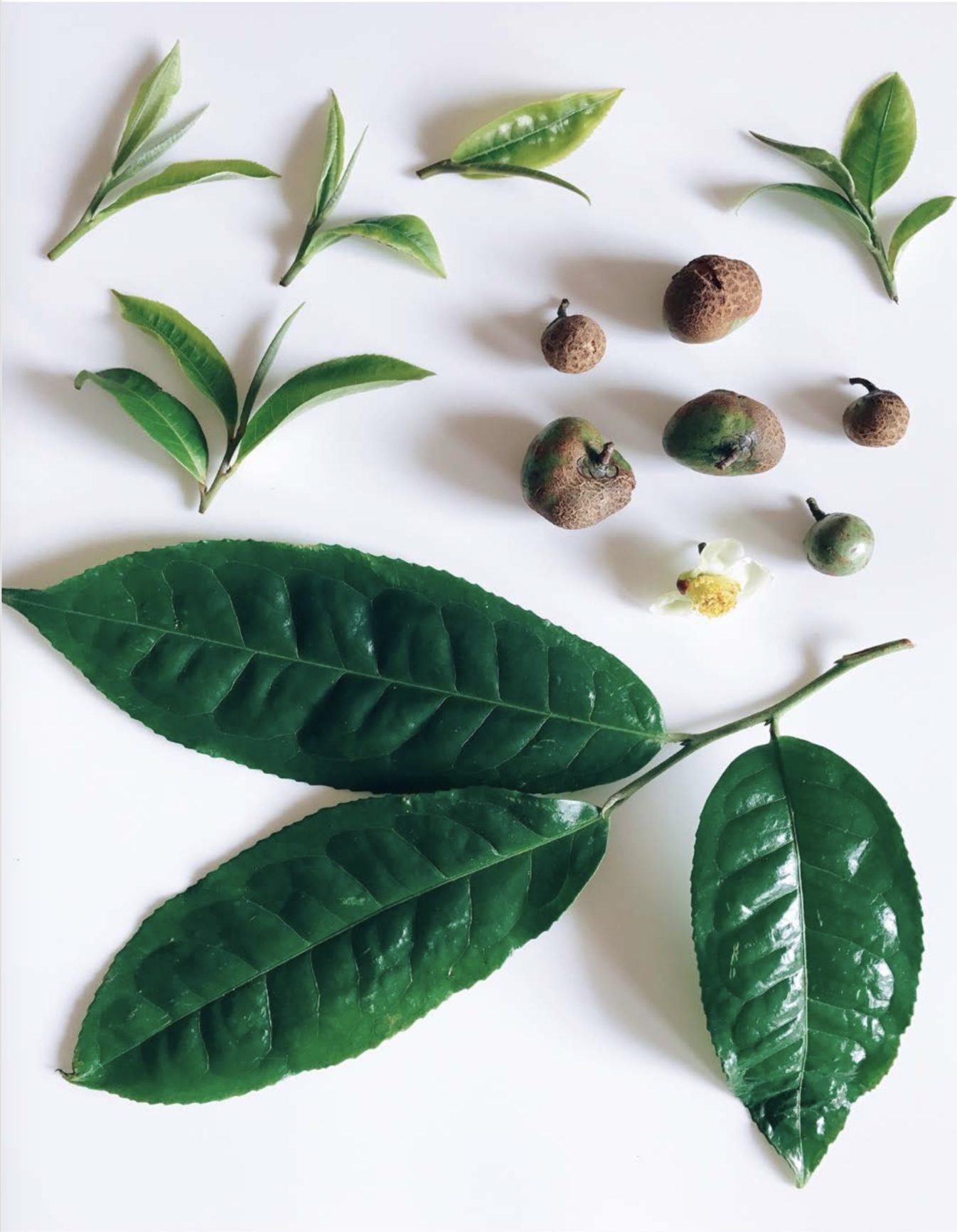
Ep. 140-6 | Camellia sinensis, Superstar
Just like rock n'roll after Elvis, tea starts to rapidly develop. This episode we'll look at the tea poet Lu Tong and the earliest renowned styles of tea ware.
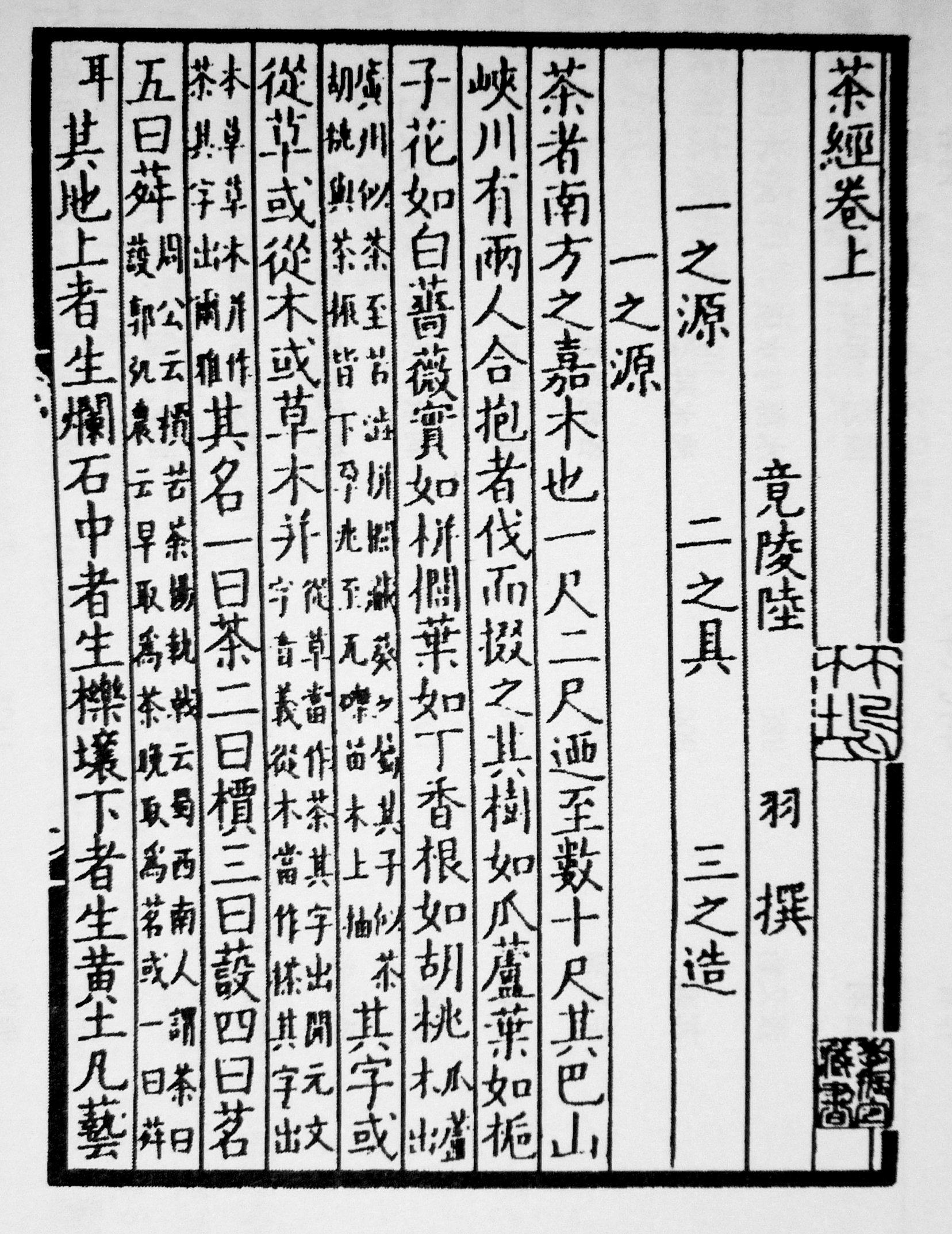
Ep. 140-5 | The Classic of Tea
It wasn't a very long book but it certainly was consequential. This time we'll look at the granddaddy of all tea treatises (and there were a lot of them that followed).
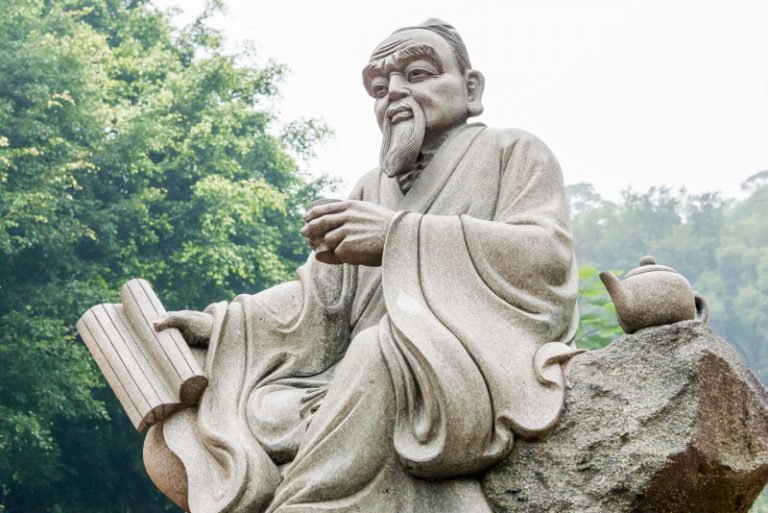
Ep. 140-4 | The Sage of Tea
This time we look at the great Lu Yu and all that he did to improve the people's understanding and enjoyment of tea.
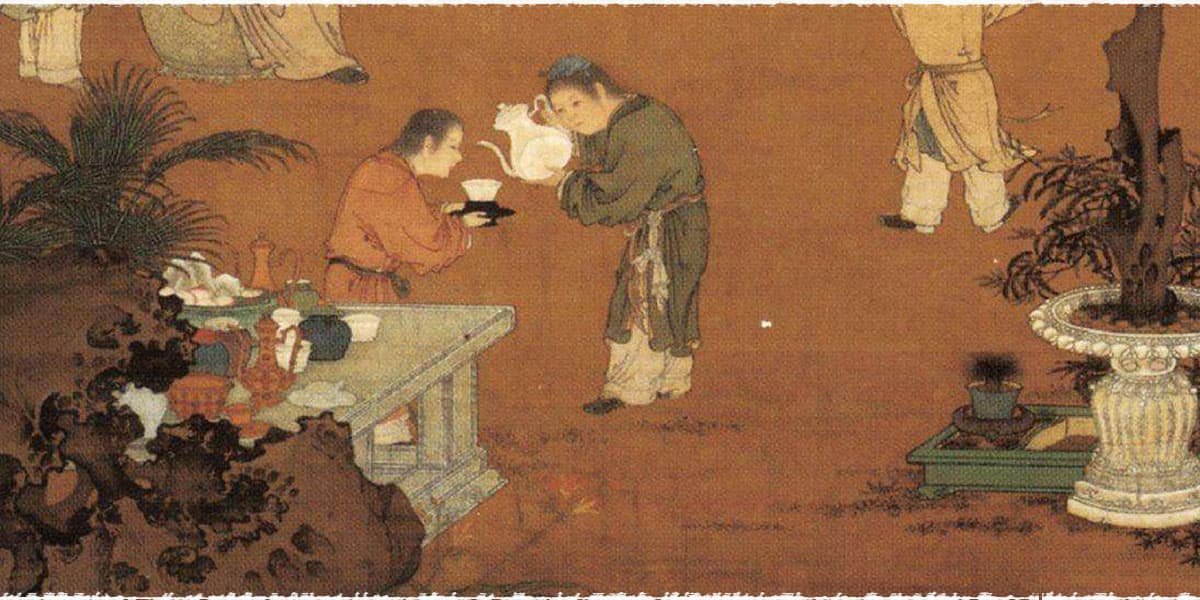
Ep. 140-3 | Tea Hits the Big Time
The development of Chinese civilizations starts to pick up the pace in the Sui and Tang dynasties. The same went with the taste of tea.
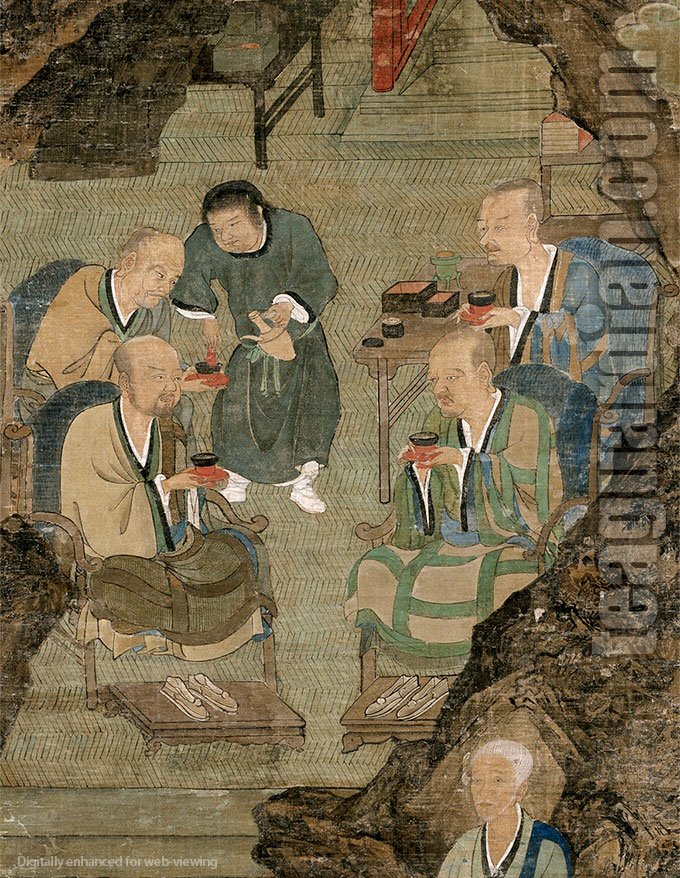
Ep. 140-2 | Tea, A Bitter Brew in Bronze Age China
The story of tea continues during China's Bronze Age which included the Shang and Zhou Dynasties.
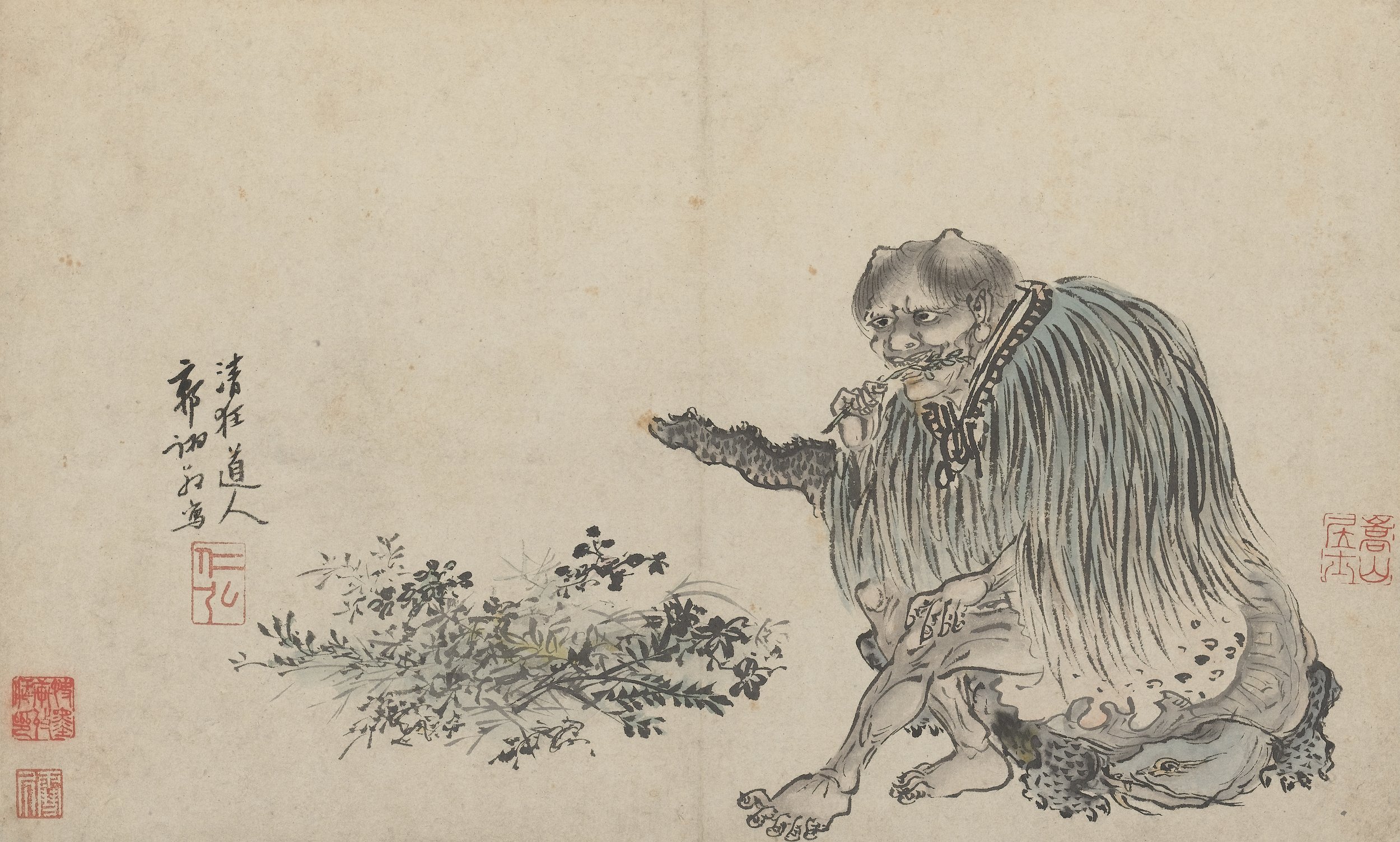
Ep. 140-1 | Tea’s Ancient Beginnings
Welcome to Part 1 of our new series looking at the History of Tea. Get ready for a long ride cause we have a lot to go through with this popular beverage.
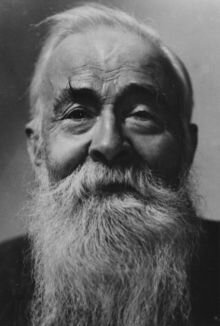
Ep. 139 | Sir Edmund Backhouse (Part 3)
In this 3rd part of the series, Backhouse remains in Beijing amidst all the turmoil going on during the Japanese invasion and the lead-up to WWII. In his final years, Backhouse will write a memoir that will engrave his name forever in the footnotes of Chinese history.
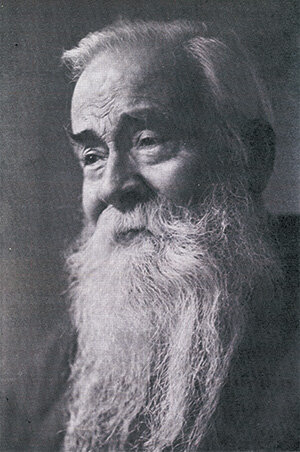
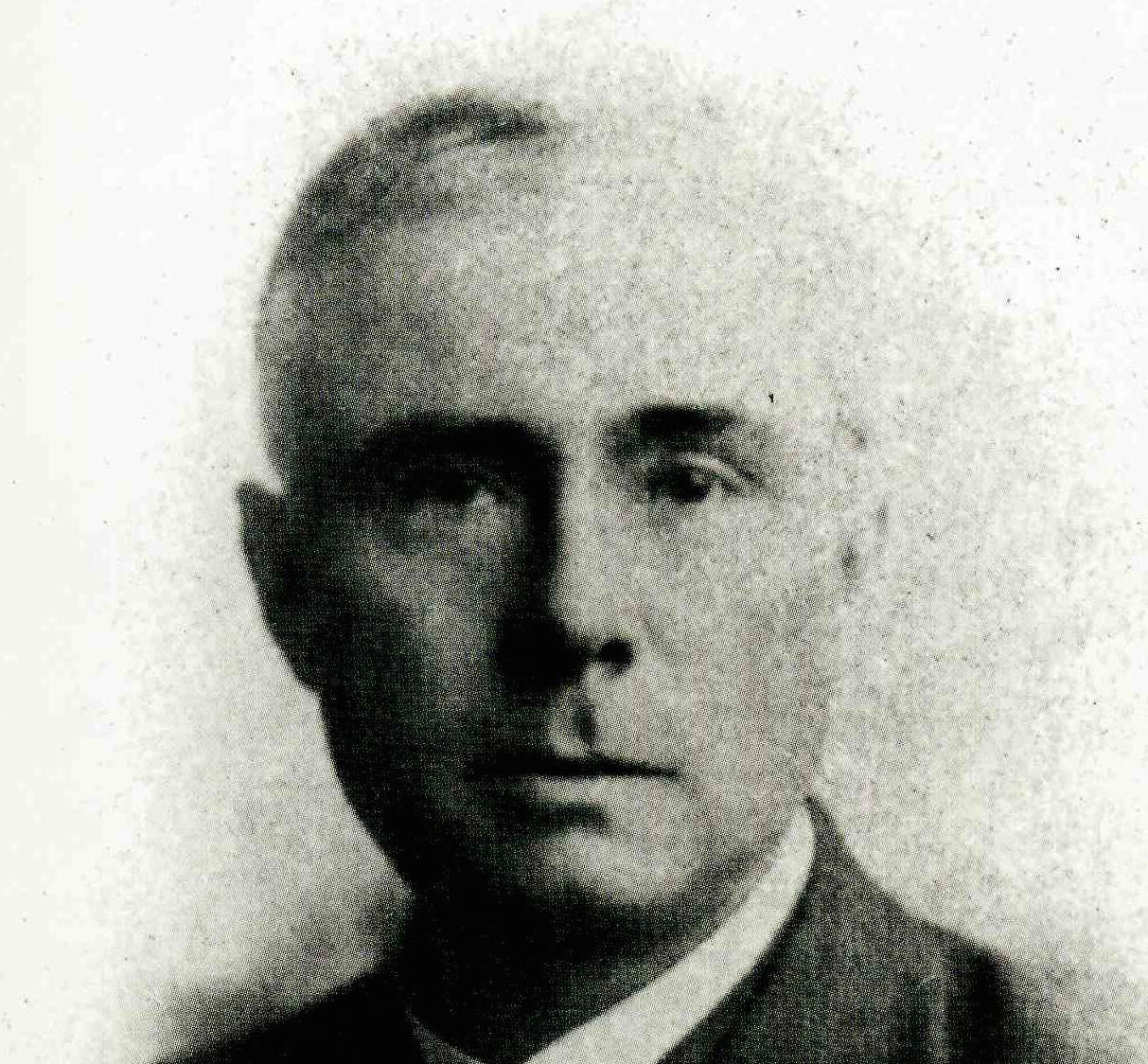
Ep. 137 | Sir Edmund Backhouse (Part 1)
Welcome to Part 1 of a 3-part series covering the life of Sir Edmund Trelawny Backhouse, 2nd Baronet. An infamous figure in Chinese history, whose memoirs made for a shocking read.
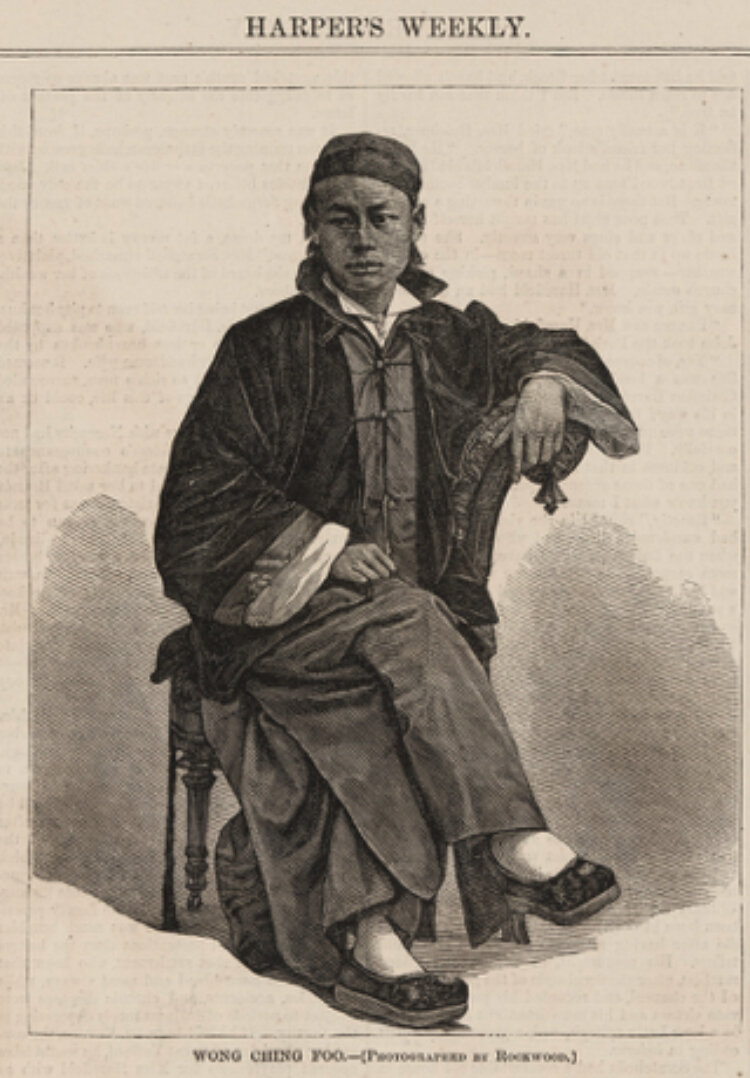
Ep. 136 | Wong Chin Foo
Though not a well-known person from history, Wong Chin Foo nonetheless played a major role during the 1880’s and 1890’s fighting against the racist anti-Chinese immigration laws passed by the U.S. Congress.
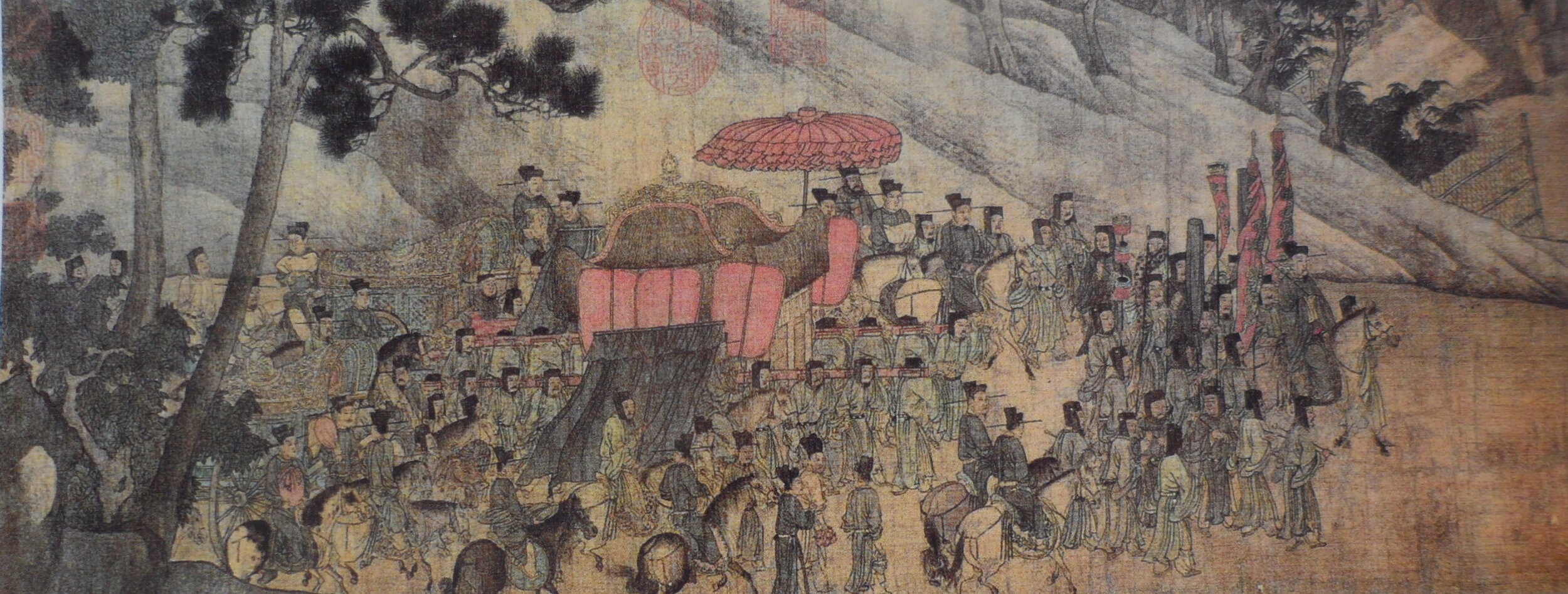
Ep. 135 | The Song Emperor Huizong (Part 4)
In this final installment examining the life of Emperor Huizong, we look at the series of events that followed the Jürchens’ Seige of Kaifeng in 1126-1127. What followed was the Jingkang Incident, which for centuries made Chinese bow their heads in shame.
